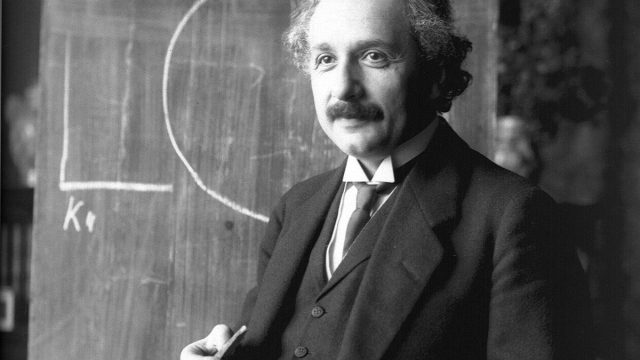
Throughout history, humanity has witnessed the brilliance and genius of many exceptional individuals. From groundbreaking scientists and philosophers to innovative artists and thinkers, these individuals have shaped the course of human civilization. However, behind their incredible accomplishments, there often lie peculiar and unconventional habits. In this article, we delve into the 23 weirdest habits of history’s most brilliant people, shedding light on the idiosyncrasies that accompany their extraordinary minds.
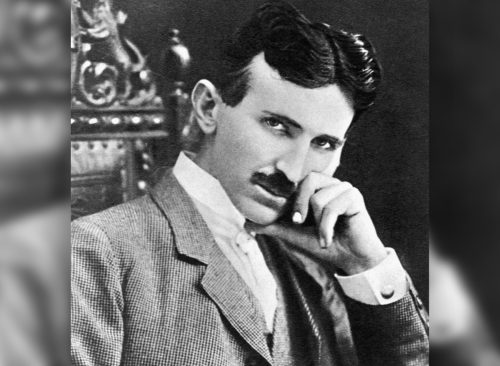
Renowned inventor Nikola Tesla developed a peculiar fondness for pigeons. He would often spend hours observing them and even claimed to have fallen in love with one particular pigeon.
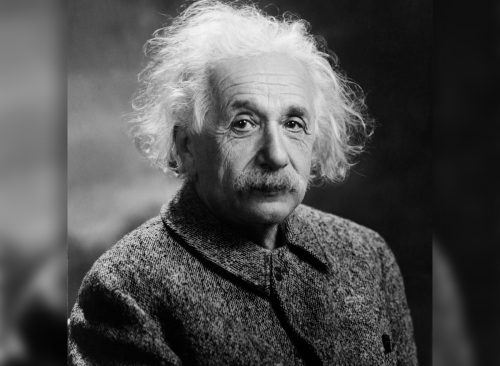
Einstein was famous for his unkempt hair, but his unusual fashion sense didn’t stop there. He owned several identical suits to avoid wasting time choosing outfits each day.
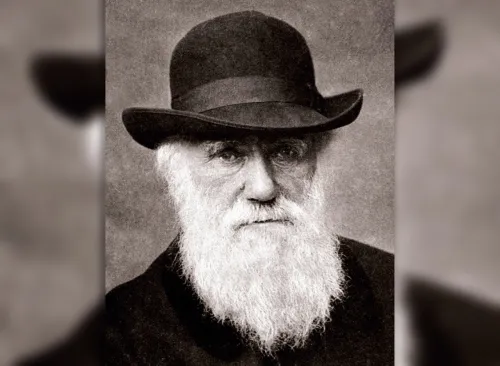
Darwin had a penchant for eating insects that he caught during his expeditions, claiming that they provided a valuable source of protein.

Franklin believed in the benefits of fresh air and would often sit naked in his home, enjoying “air baths” to improve his health.
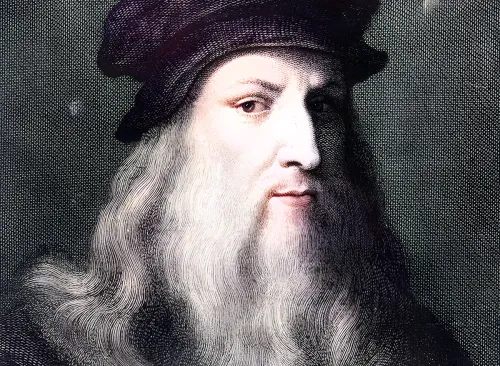
Da Vinci wrote most of his notes in mirror writing, a technique he believed kept his ideas secret and protected them from theft.
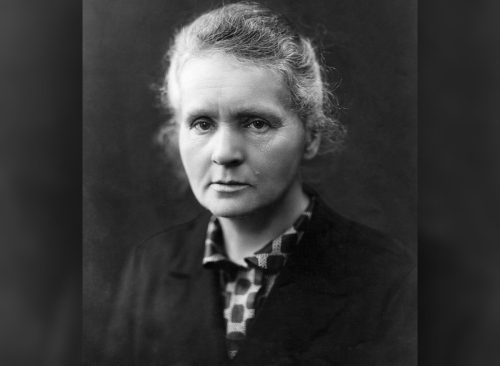
Curie carried her research notebooks everywhere, and some of them are still radioactive due to her pioneering work with radioactive materials.
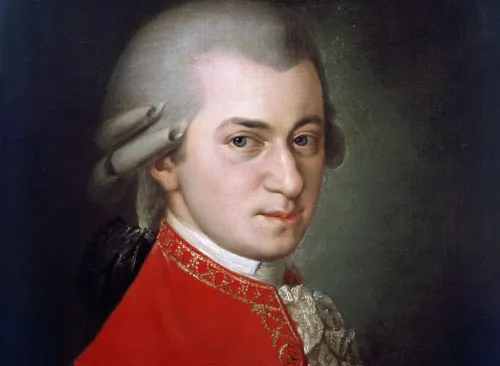
Mozart had a fascination with scatological humor and would often incorporate crude jokes and references into his letters and conversations.
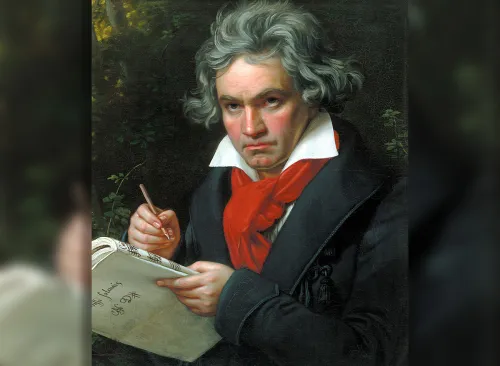
Beethoven counted exactly 60 coffee beans for each cup of coffee he drank, believing it provided the ideal potency for his creative process.
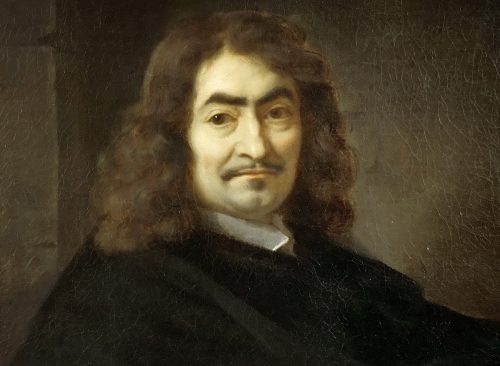
Descartes had a peculiar habit of staying in bed until noon, contemplating his thoughts and theories before starting his day.
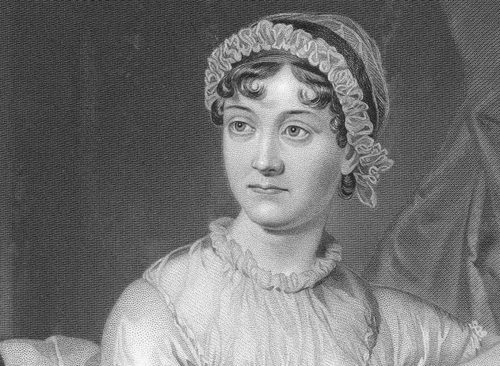
Austen would take breaks from writing by engaging in needlework, finding it to be a relaxing and creative outlet.
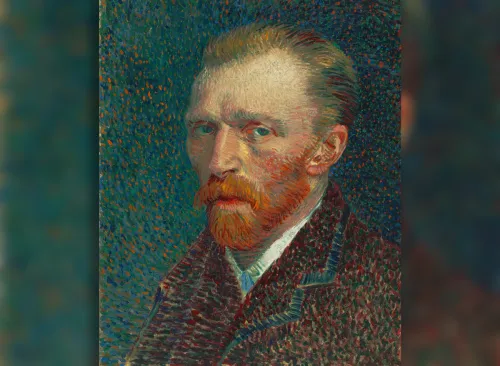
Van Gogh had an obsession with the color yellow and would often cover his canvases, furniture, and even himself with yellow paint.
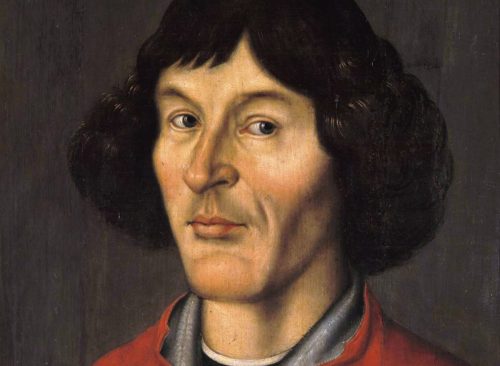
Copernicus spent countless hours observing the heavens, often waking up in the middle of the night to study the stars and planets.
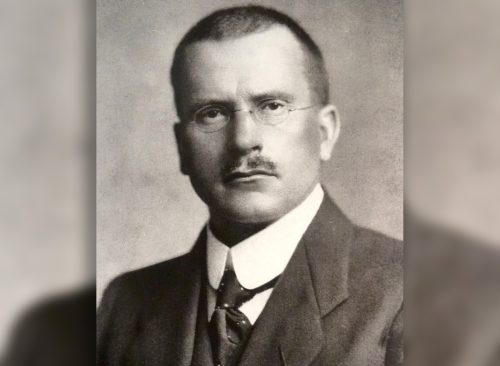
Jung collected stones and would arrange them in various patterns, believing they held symbolic meanings and insights into the human psyche.
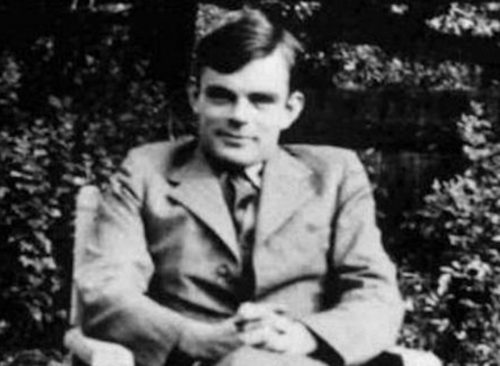
Turing followed a precise tea-making routine, which involved precisely timing the brewing process. Some say he chained his tea cup for a radiator so it wouldn’t be stolten.
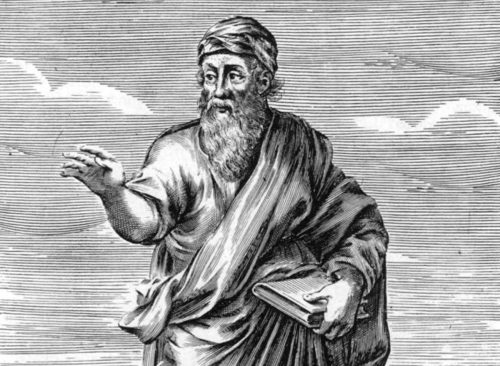
Pythagoras, the renowned mathematician, harbored an intense aversion to beans. Legend has it that he refused to cut through a field of beans while being chased by an angry mob, ultimately leading to his demise.

In his pursuit of innovation, inventor Thomas Edison tried to invent a telephone to communicate with the deceased. Unfortunately, his attempts were unsuccessful, showcasing his fascination with the supernatural.
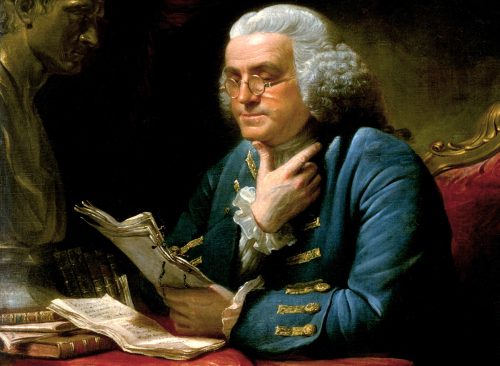
Benjamin Franklin, the polymath and founding father of the United States, famously
conducted experiments with electricity. In one incident, he accidentally zapped his unsuspecting dinner guests, demonstrating his peculiar fascination with electrical phenomena.
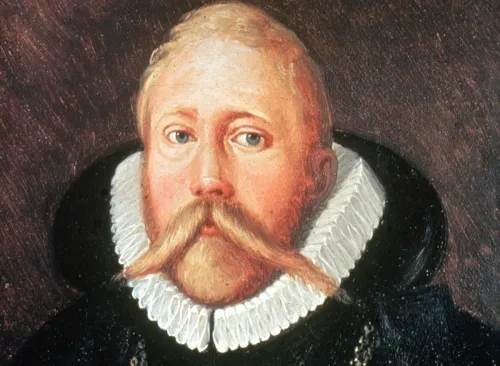
Tycho Brahe, a 16th-century Danish astronomer, excelled in his astronomical discoveries. However, his peculiarities included indulging in heavy drinking sessions with his pet moose and purportedly dying with gold-plated internal organs.
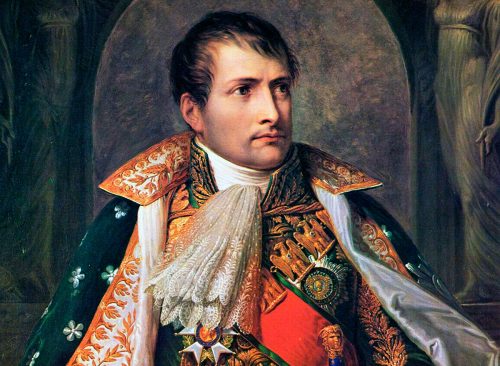
Napoleon Bonaparte, the military conqueror, had an unexpected fear of rabbits. During a hare hunt, a horde of rabbits overwhelmed him, forcing him to retreat, highlighting his irrational fear of these furry creatures.
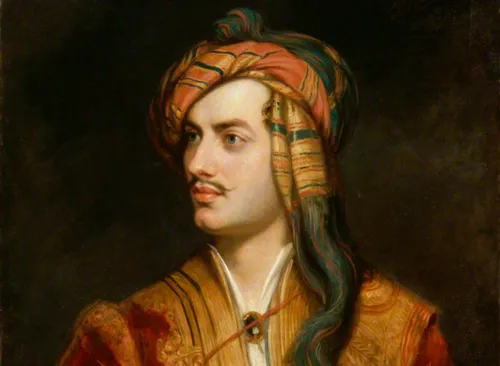
Lord Byron, the renowned British poet, engaged in scandalous love affairs, including a relationship with his half-sister. Known for his biting wit, he mercilessly insulted his rivals and even the esteemed poet laureate of England.
RELATED: 20 Unsolved Mysteries That Will Boggle Your Mind
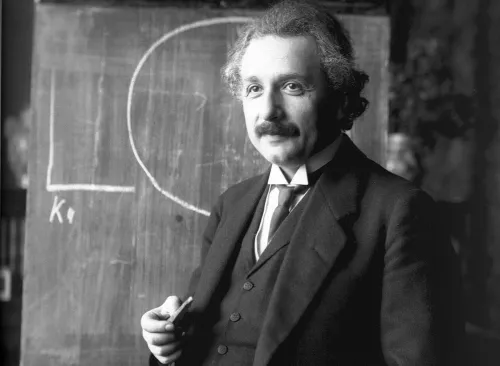
Albert Einstein, the iconic physicist, loved sailing but lacked the skills to operate a boat or swim. This led to comical mishaps, with Einstein frequently crashing his boat into others and requiring rescue. Surprisingly, he found these incidents hilarious.














